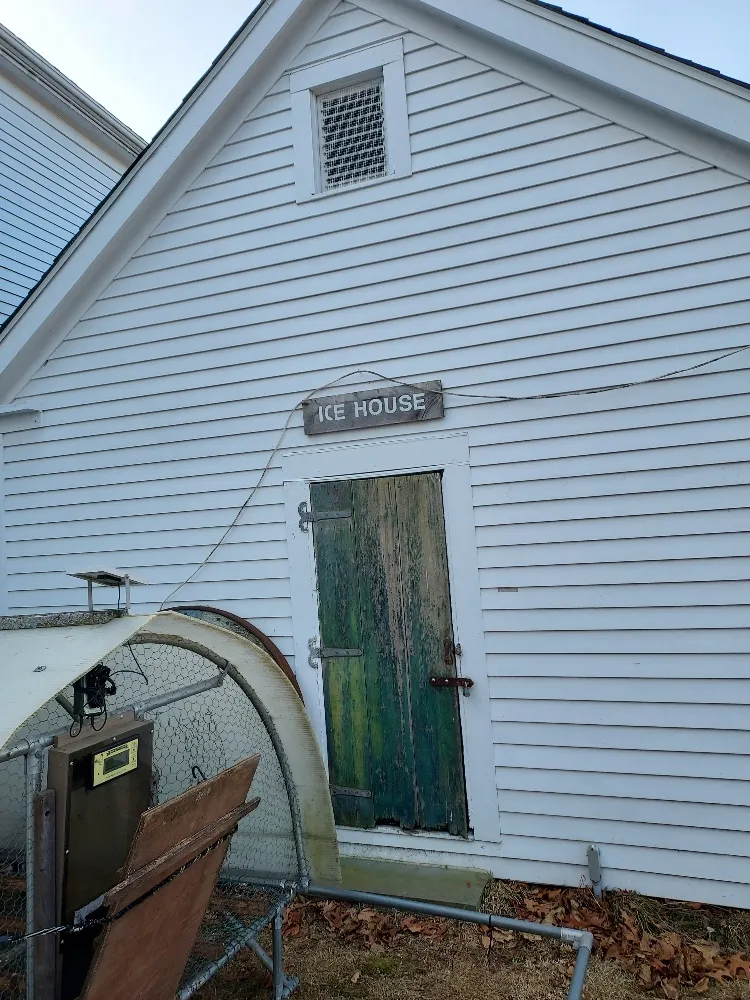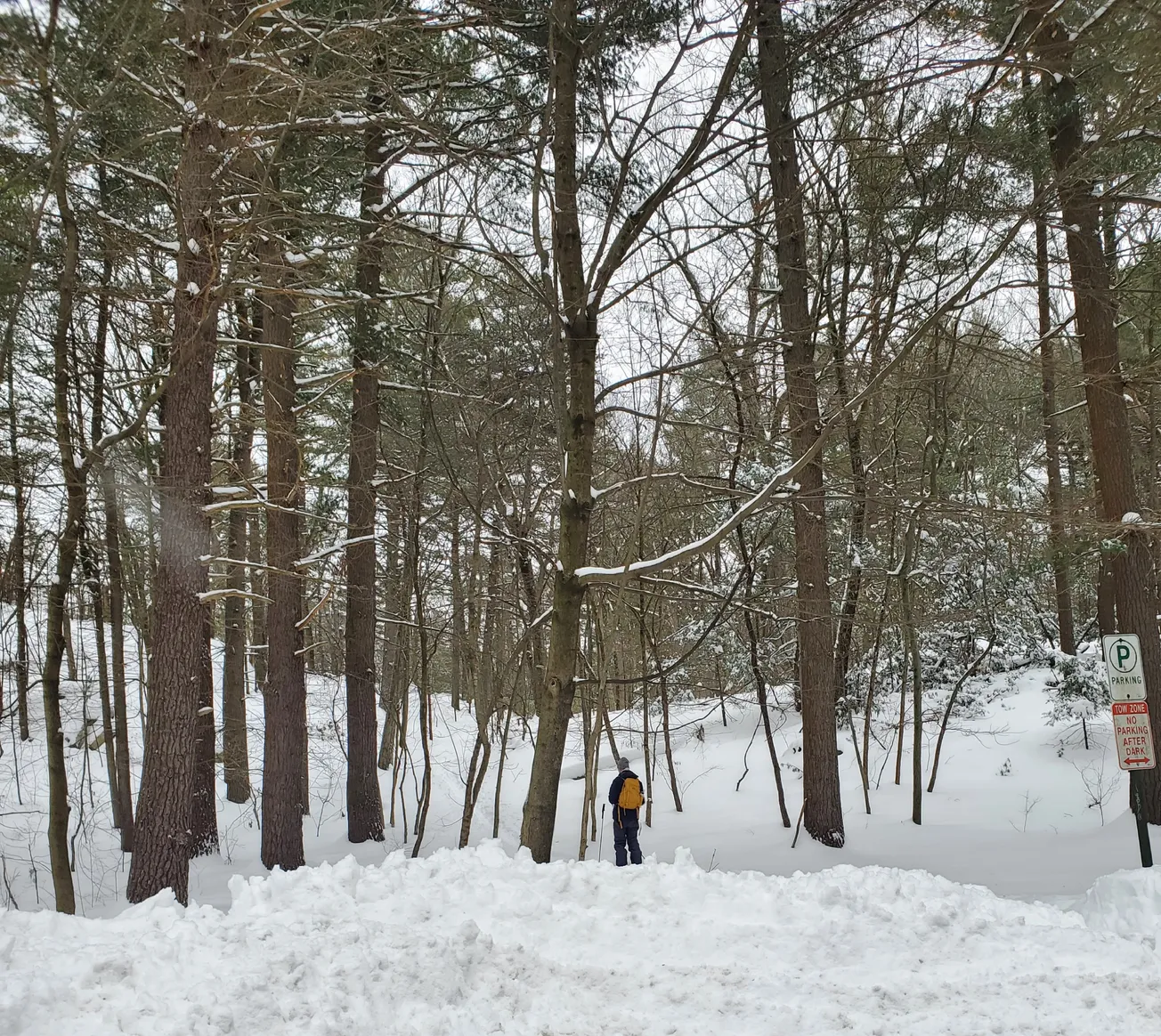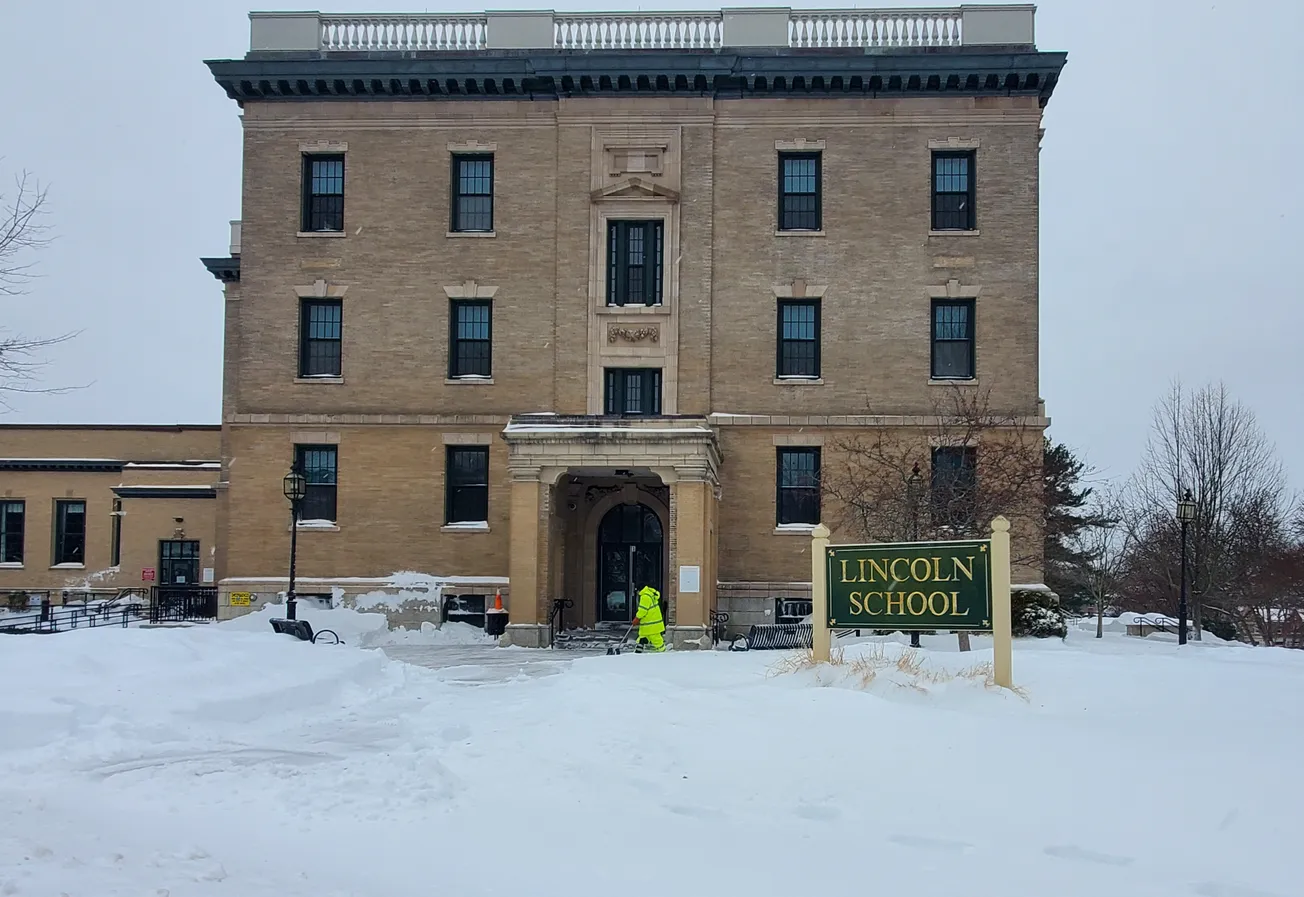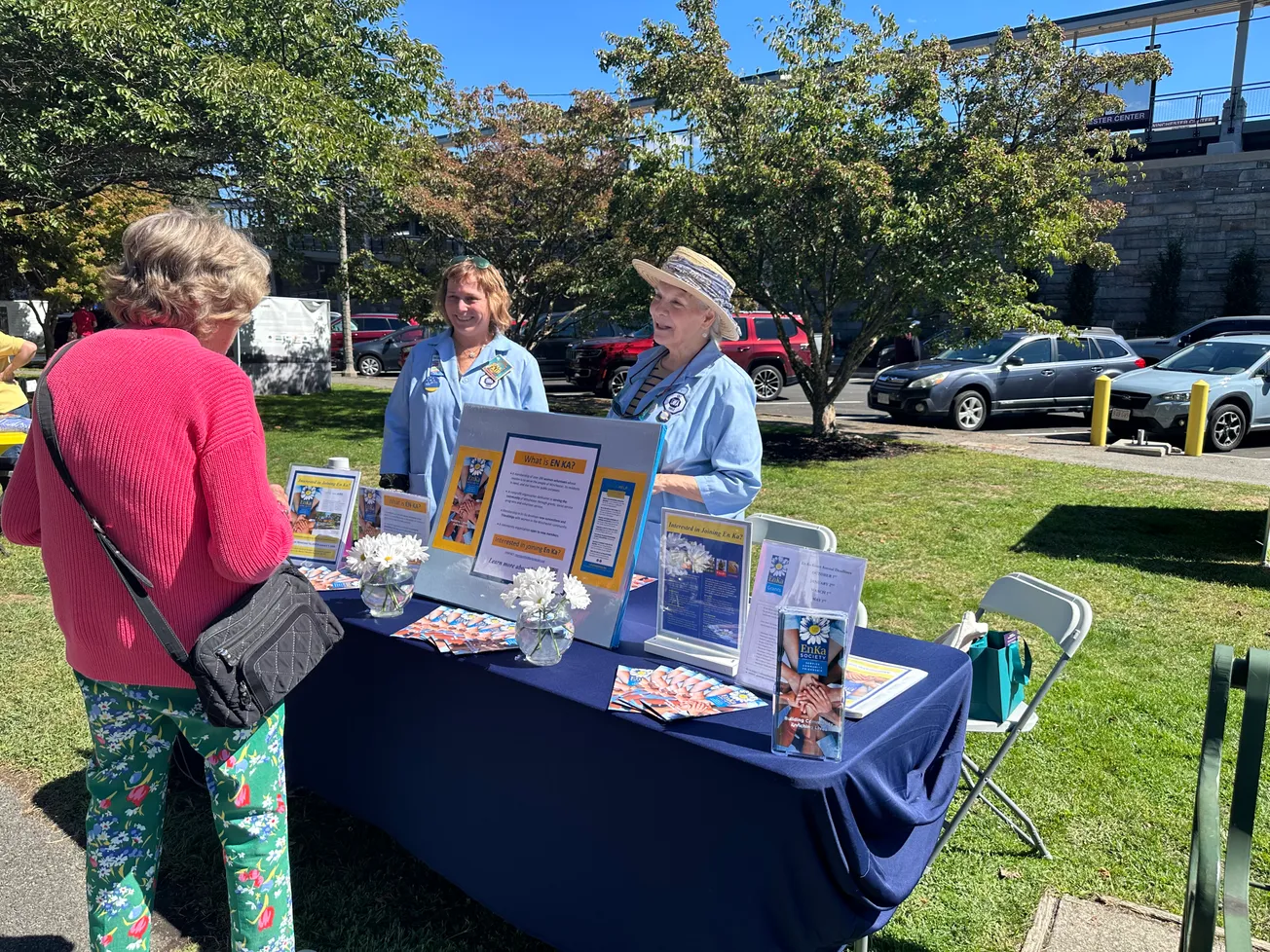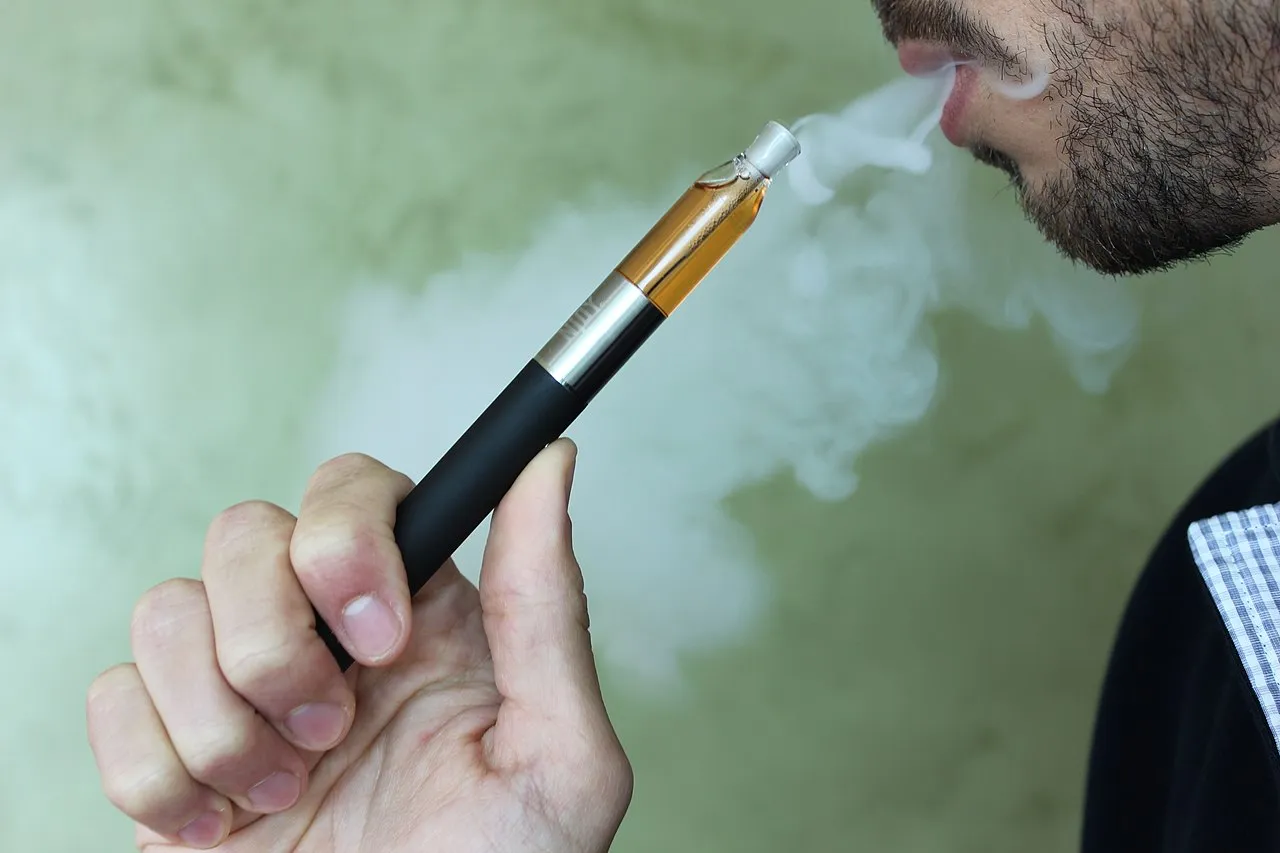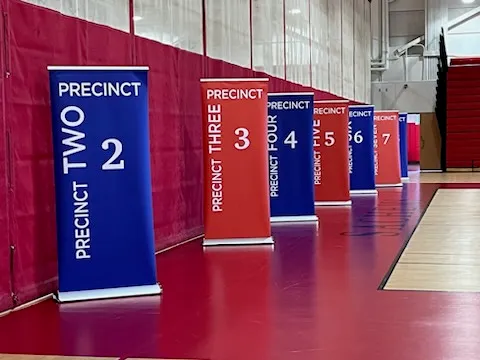Table of Contents
Did you know there’s an ice house at Wright-Locke Farm? It’s the small frame structure constructed in the early 1900s next to the 1827 barn.
“So what’s an ice house?” you might ask. The building served one important purpose only, storing large ice blocks that were harvested from the pristine frozen water in Spy Pond.
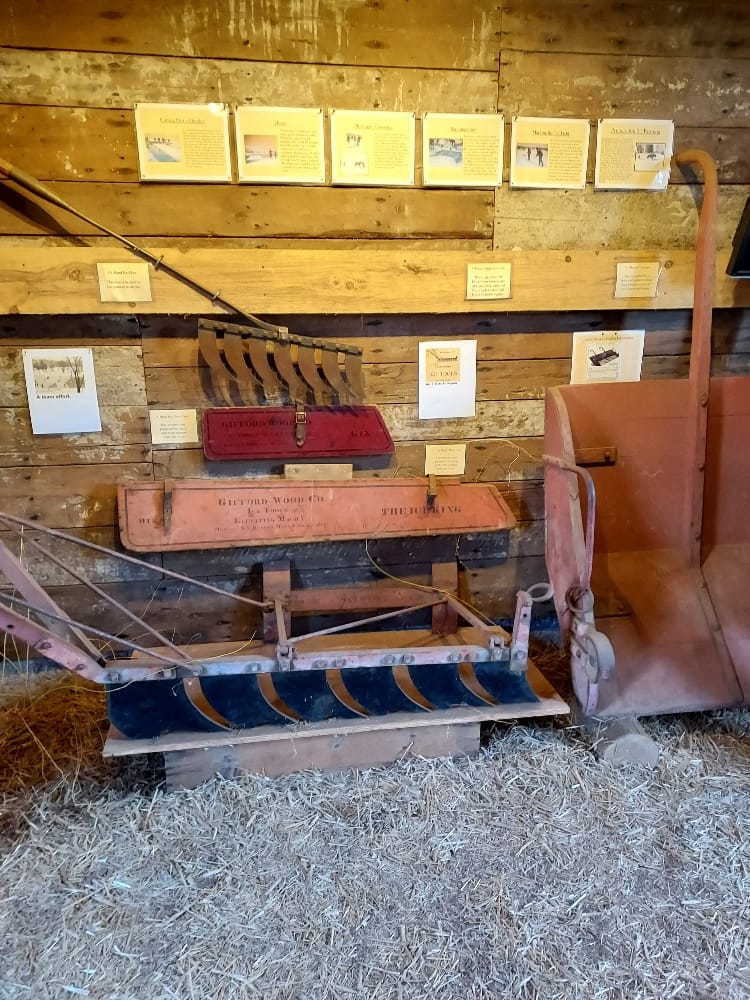
Ice harvesting goes back to ancient Greeks, Romans, Persians, and Chinese when ice was a luxury for the rich. Fast forward to the mid-1800s, Bostonian Frederic Tudor, a savvy entrepreneur, recognized there was a market for the luxury of ice not only in local markets, but as far away as Calcutta.
But by the time ice blocks were harvested and shipped such a long distance, the ice had melted. Tudor developed the technique of packing the blocks in sawdust and they arrived in perfect condition.
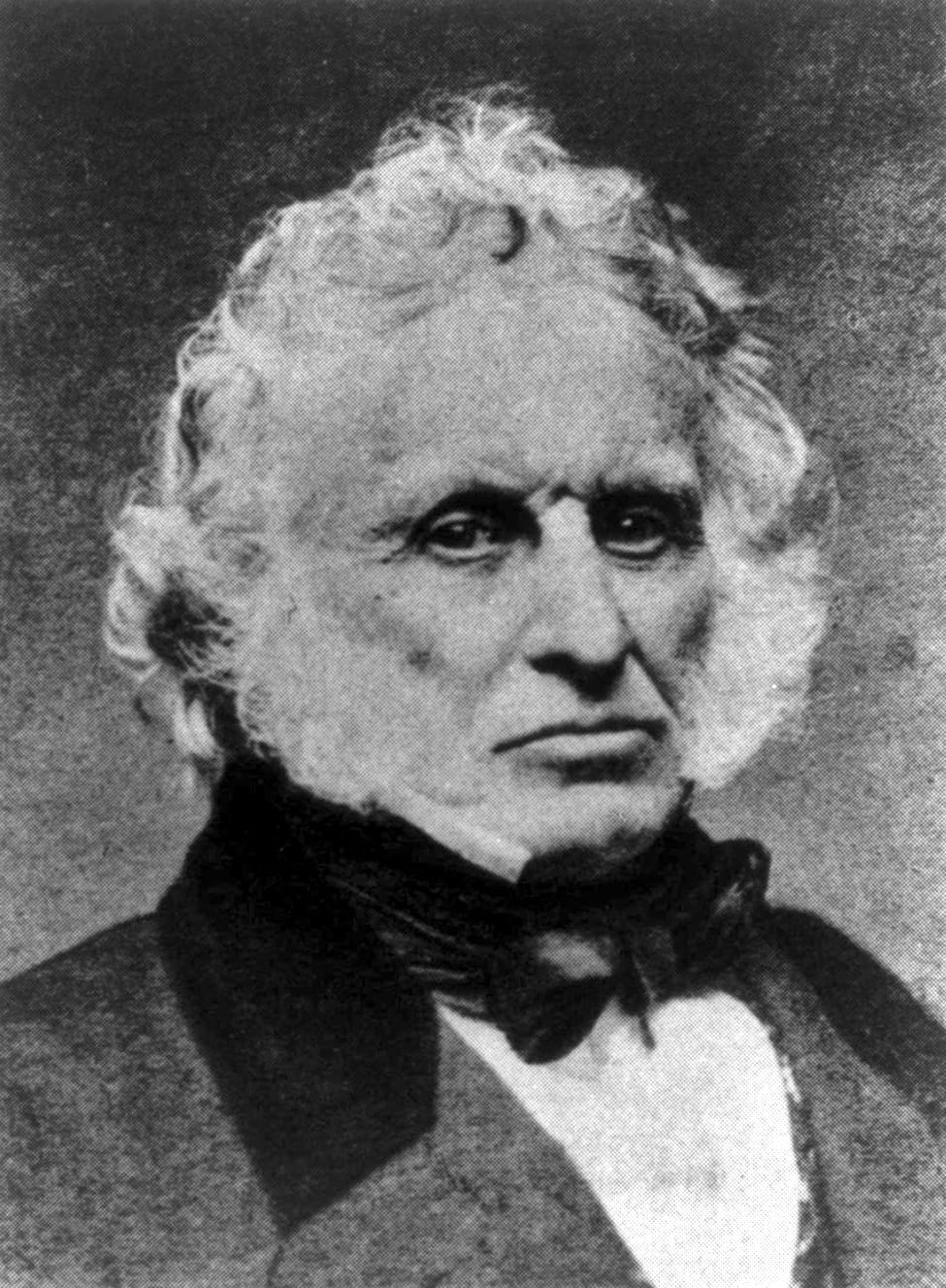
The Locke family purchased the farm around 1800, but didn’t build the ice house until the 1900s and it was used until refrigeration became common in the 1950s. The Locke family sold the farm around 1970, and the building languished for decades.
However, even though ice harvesting was a lost art, the tools and a couple of photos the Lockes left behind capture the story of how they harvested, stored, and made use of the building for family needs.
Farm volunteer Bob Johnson asked himself what’s the purpose of a story if it isn’t shared. So he got permission to repurpose the building as an educational museum.
Noted museum director John Ott was consulted and not only did he have knowledge of the ice harvesting operation, he had records of the age and use of the tools, still in excellent condition, that were used by the Lockes.
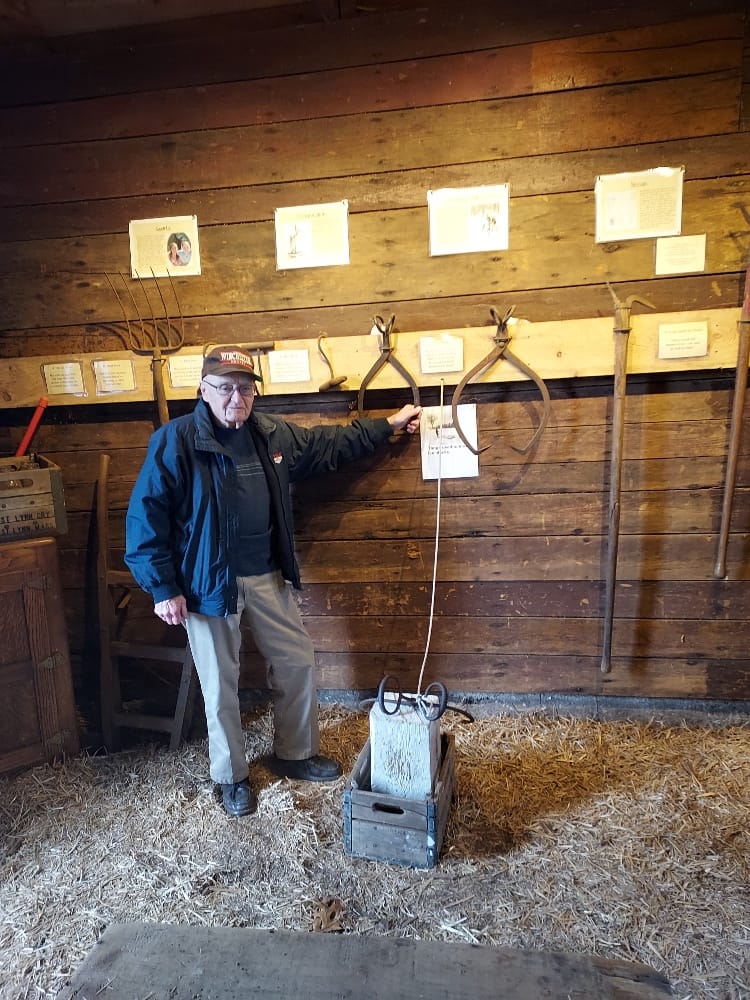
Johnson was a man with a mission and an expert in rounding up volunteers to help him do the dirty work, including vacuuming, dusting, wiping down the ceiling and walls and cleaning the tools. He then displayed them in the order they were used and added simple signage.
In a relatively short period of time, the Ice House Museum was ready for visitors. Children in the farm’s educational program were fascinated — they thought ice came only from refrigerators!
The Ice House Museum can be visited by appointment, or during community events at the Farm. E-mail info@wlfarm.org to inquire.
Winchester News is a non-profit organization supported by our community. If you appreciate having local Winchester news, please donate to support our work, and subscribe to our weekly newsletter.

